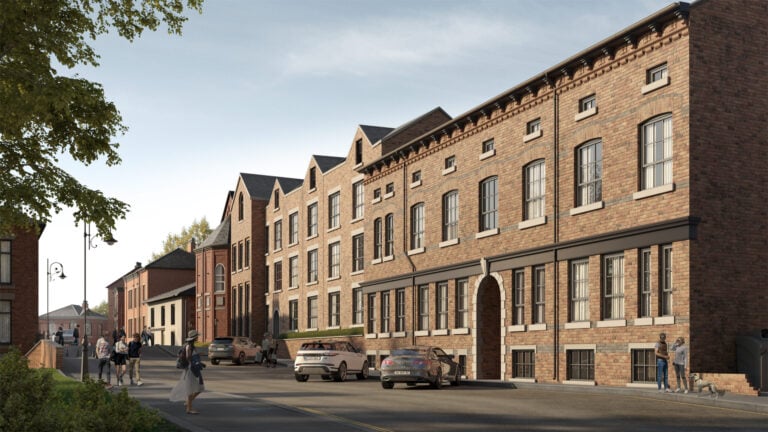As one of the UK’s most active business and commercial sectors, Manchester saw 806,024 sq ft worth of office space taken up in the first half of 2019.
A quarterly report by advisers Colliers International revealed figures behind Manchester’s growing office space market. In Q2 of 2019, office space take-up totalled 491,291 sq ft across 26 deals. During the first half of the year, 806,024 sq ft of space was taken up in 124 transactions, which is the highest level for five years. If demand continues in this way, Manchester is set to exceed the five-year rolling average of 1.2m sq ft in year-end take-up.
During the first half of the year, businesses in a variety of sectors took up office space. Serviced offices, media and tech, financial services, business services and legal businesses led the way. With a booming economy, Manchester has thriving business and commercial sectors, and the data shows there’s confidence in the commercial sector, which is likely to also bring benefits to the residential property market.
Employment and population growth
The population of Manchester is rising quickly, especially among young professionals. There was a 117% spike in people moving to the city in July 2019 compared to the same month last year. As more companies in a range of fields open offices in Manchester, this is likely to drive employment growth and further increase the population. This northern city has even been outperforming other UK regional cities with new job creation.
While Manchester is expected to continue seeing growth in population and employment opportunities, demand is likely to increase in the rental market, especially for high quality homes and flats with easy access to offices, transportation and leisure facilities. Supply might even struggle to keep up with this growing demand, offering plenty of opportunities for investors and landlords in Manchester.
Located less than a mile from Manchester city centre, Johnson’s Square is an investment opportunity with BuyAssociation that incorporates all the technology expected by modern millennial tenants, which is likely to be especially appealing to young professionals.










